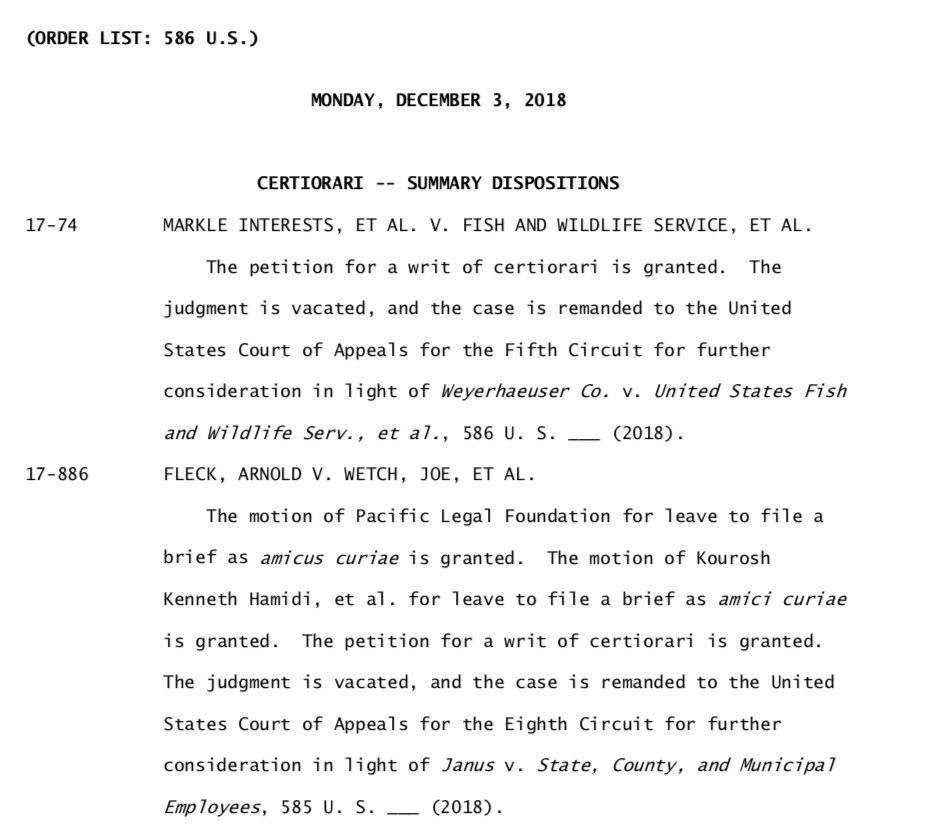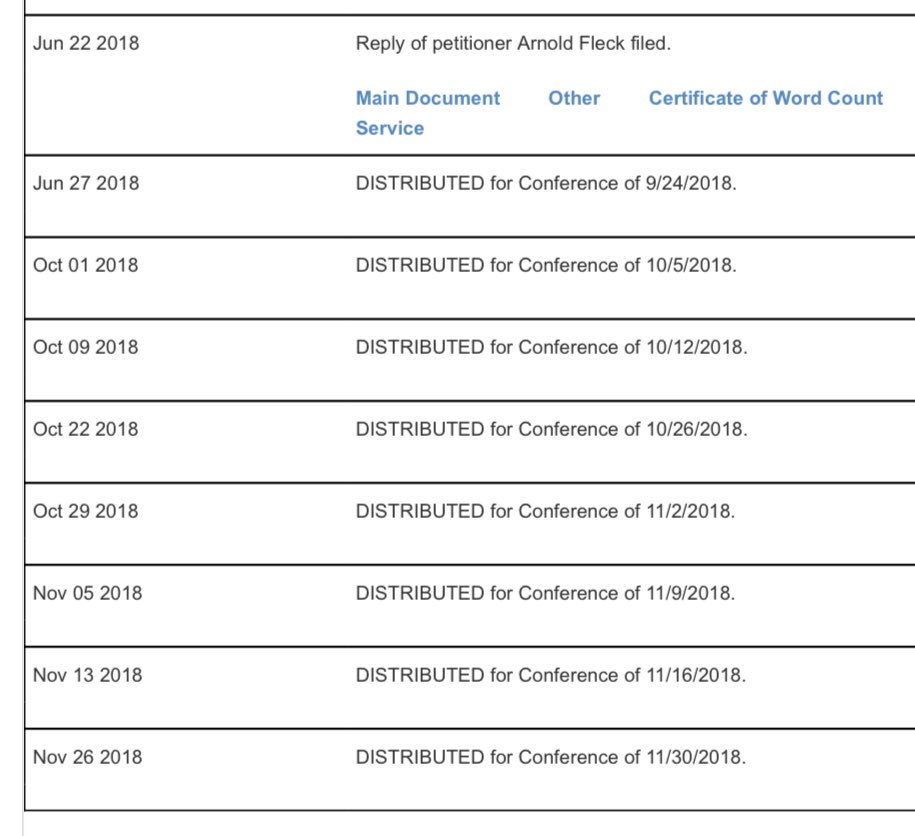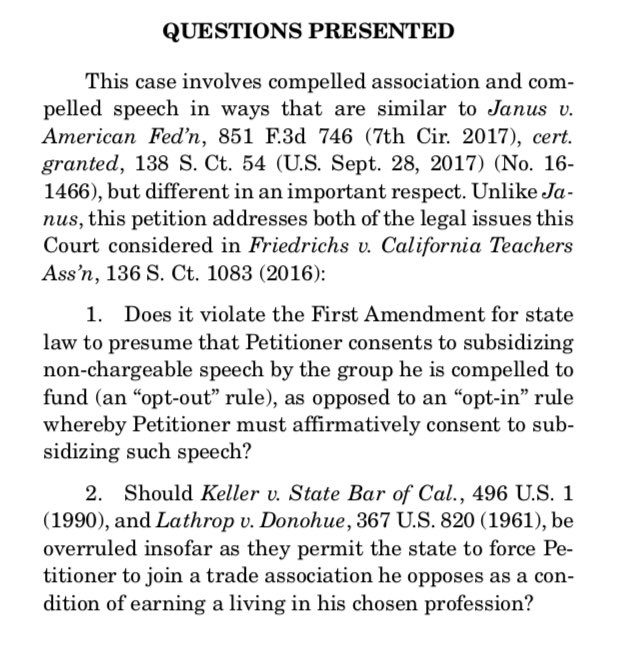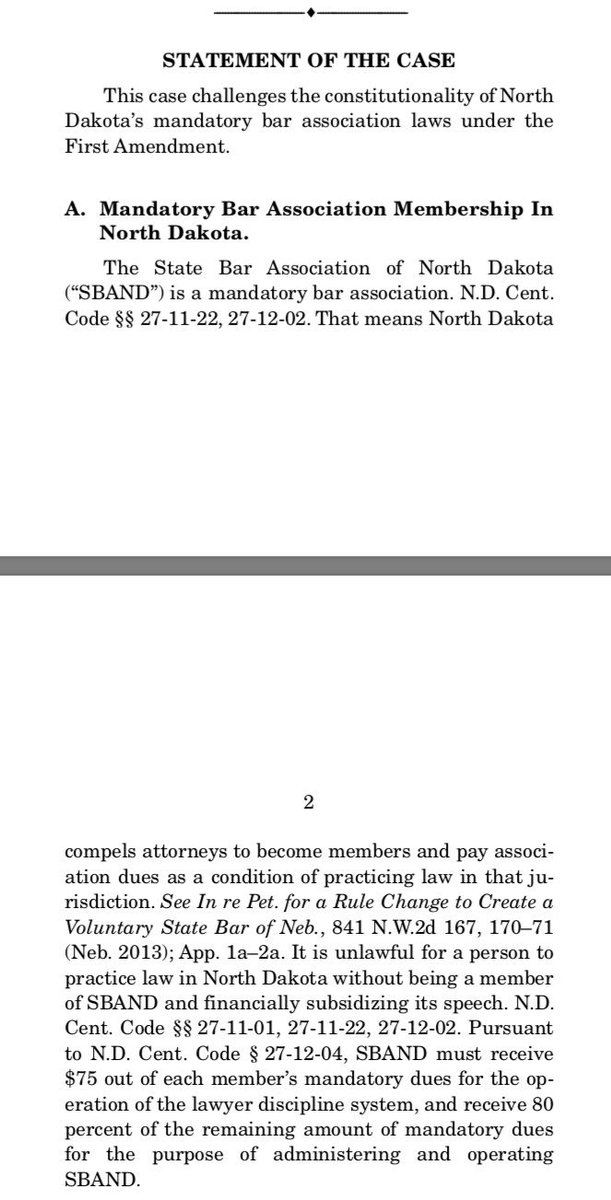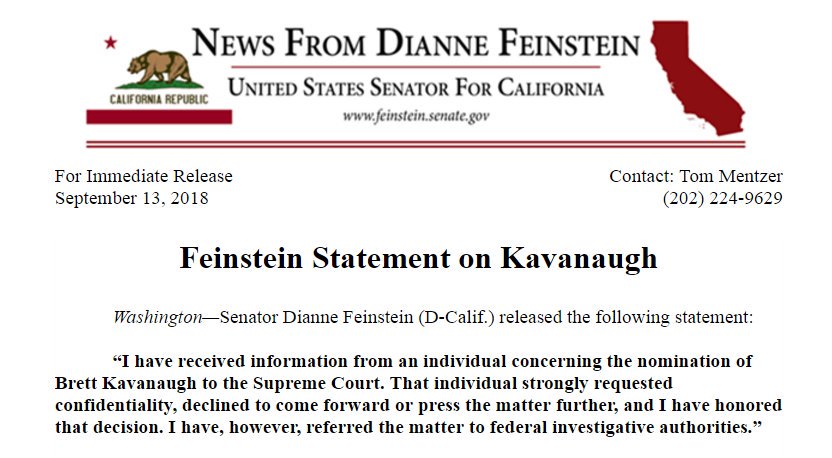JB: Add two additional seats to account for the extraordinary circumstances surrounding the Gorsuch and Kavanaugh nominations. Likewise, expand and pack the entire federal judiciary to
theatlantic.com/politics/archi…
thenation.com/article/suprem…
And what we can say for sure is that’s **not how it should work.**
LF: No single institution, including the judiciary, has the final word on constitutional questions. A process of give-and-take and mutual respect allows an unelected Court to function in a democratic society.
The Supreme Court is not the Constitution.
stoehr.substack.com/p/scotus-isnt-…
stoehr.substack.com/subscribe?utm_…

